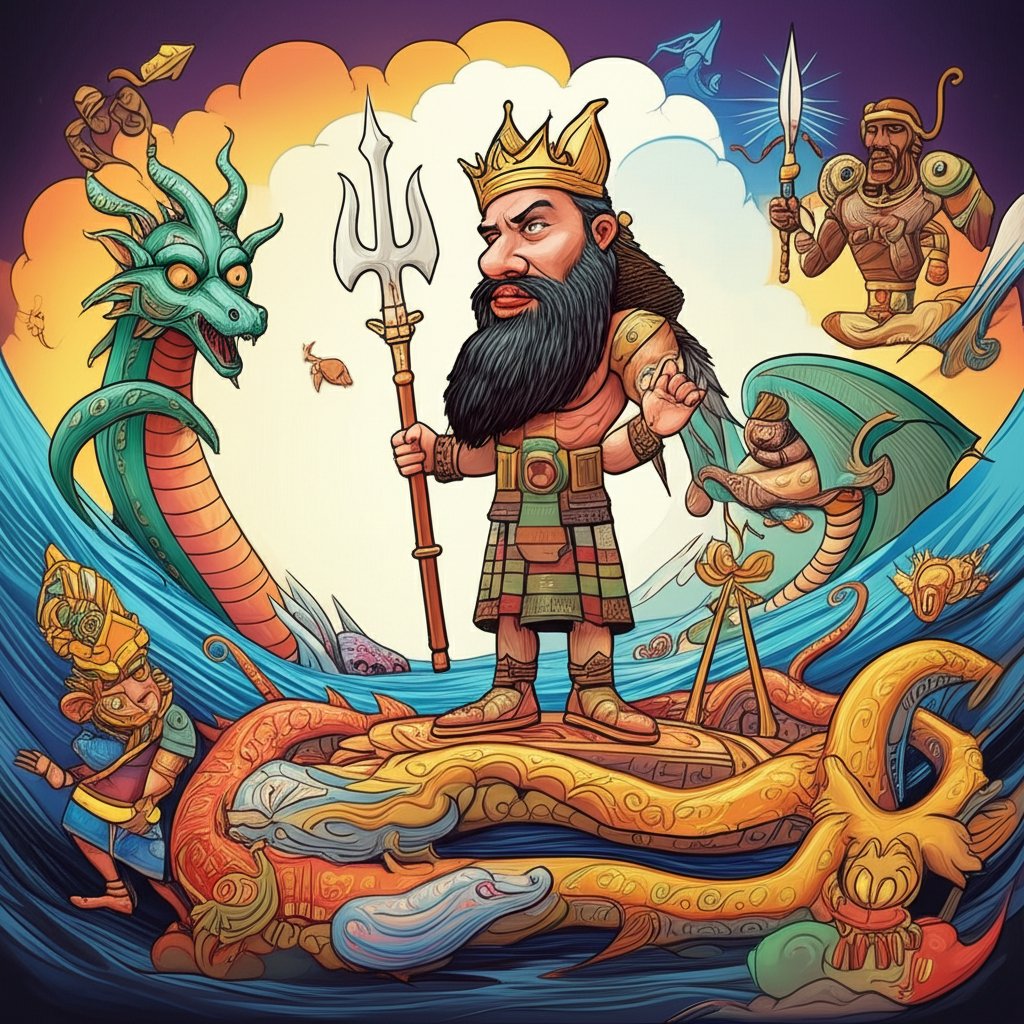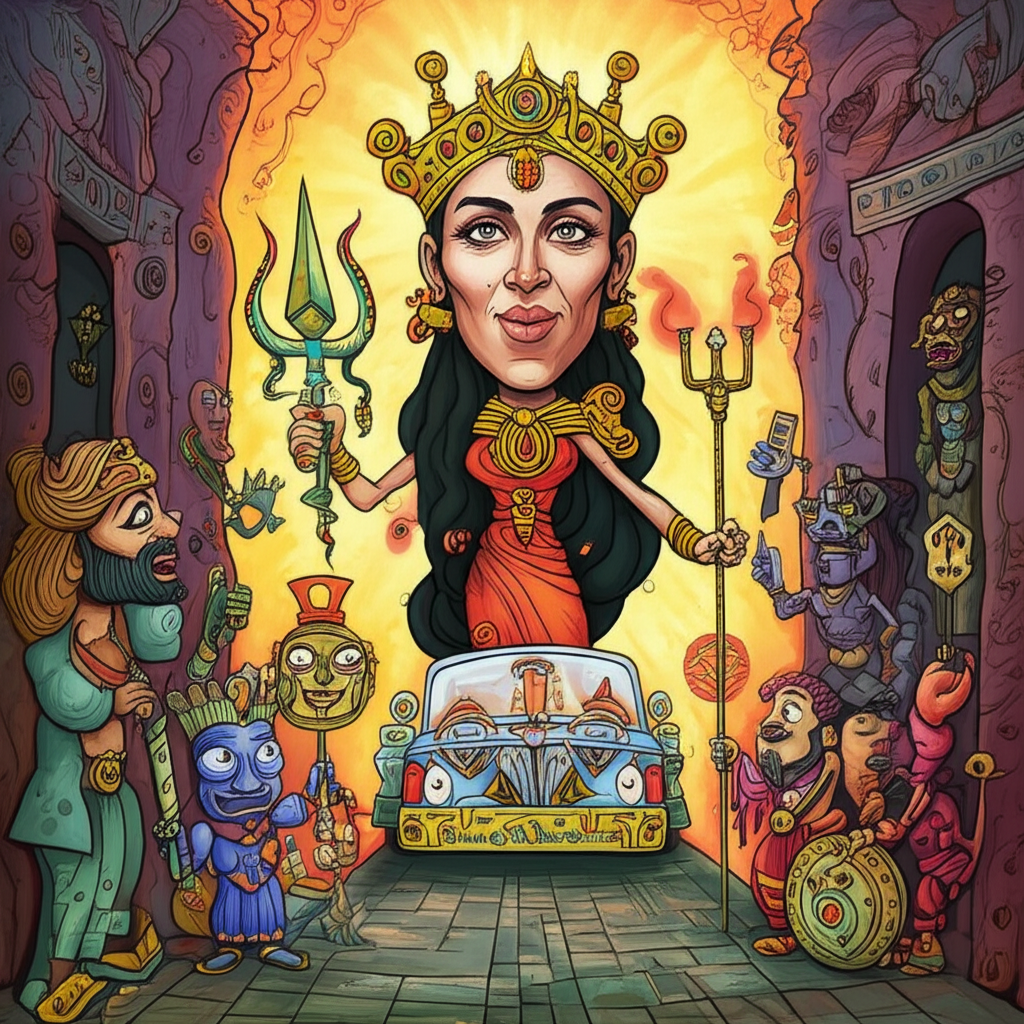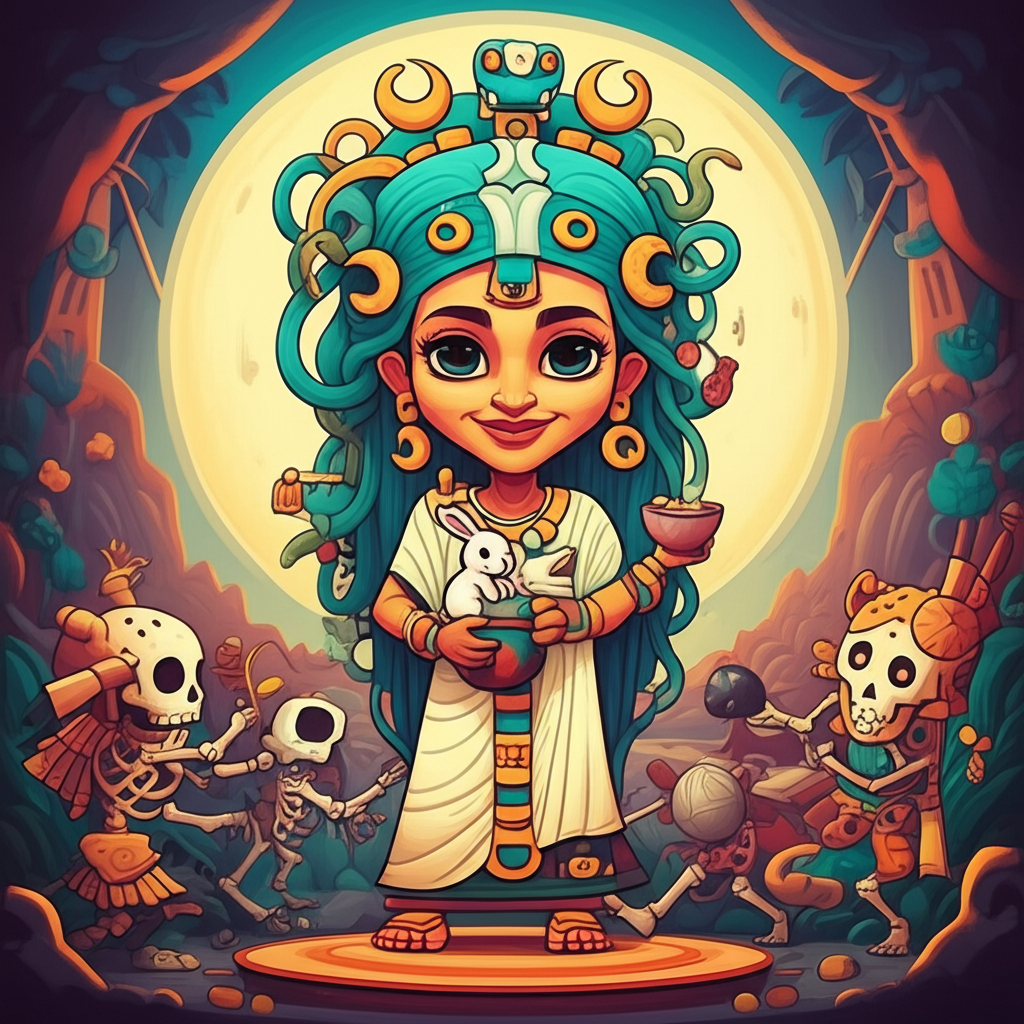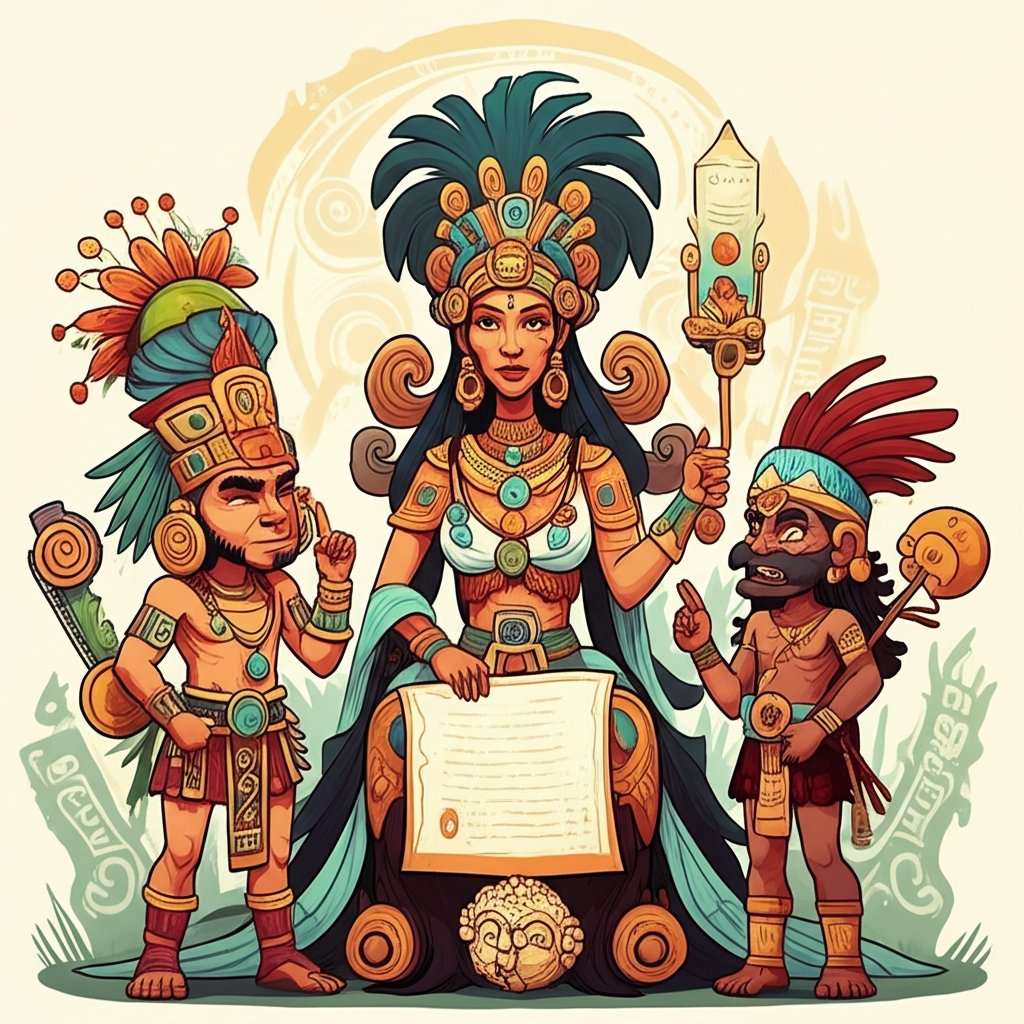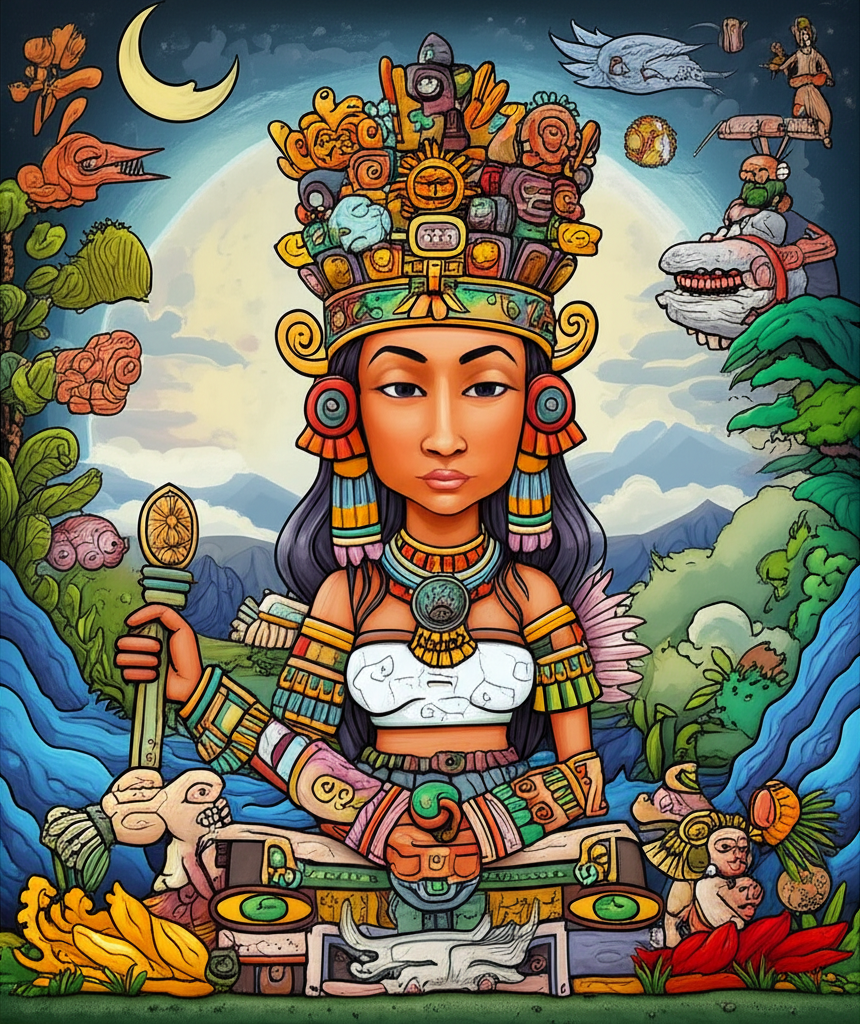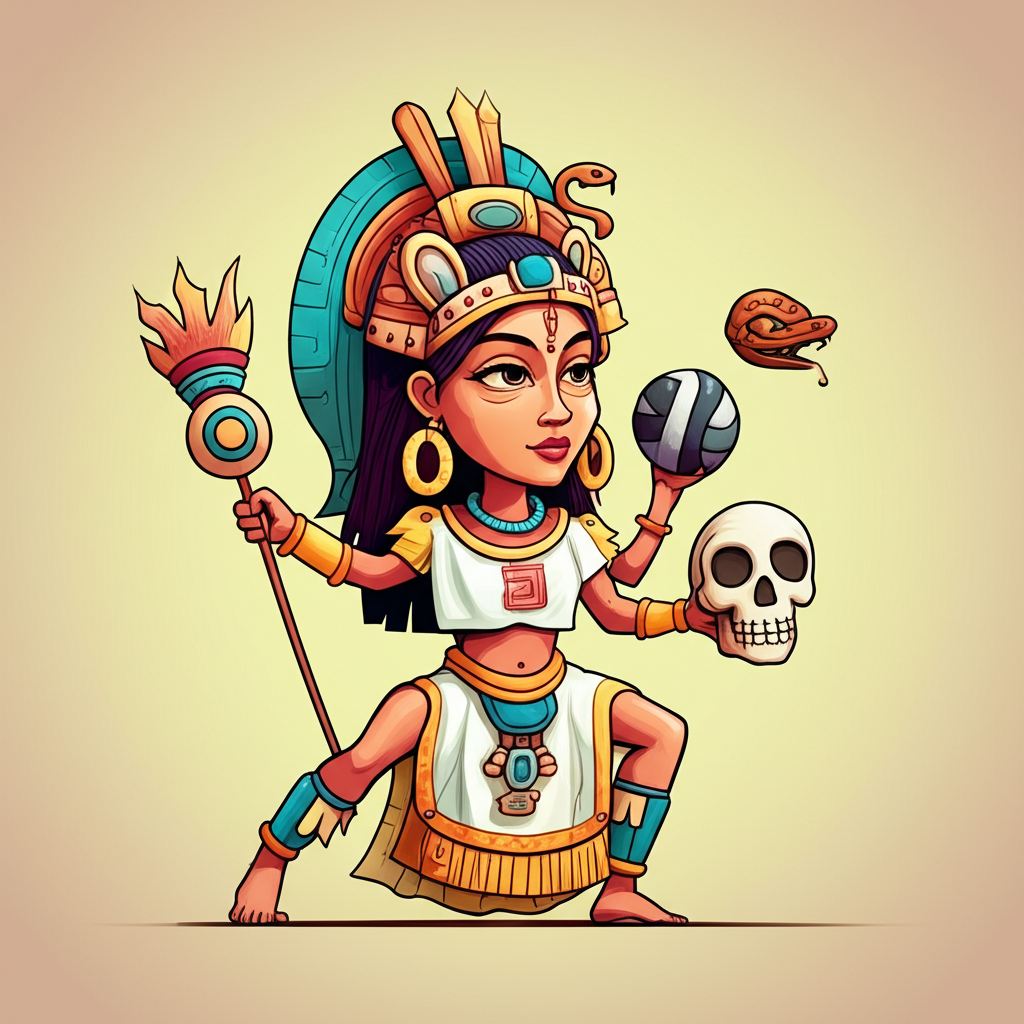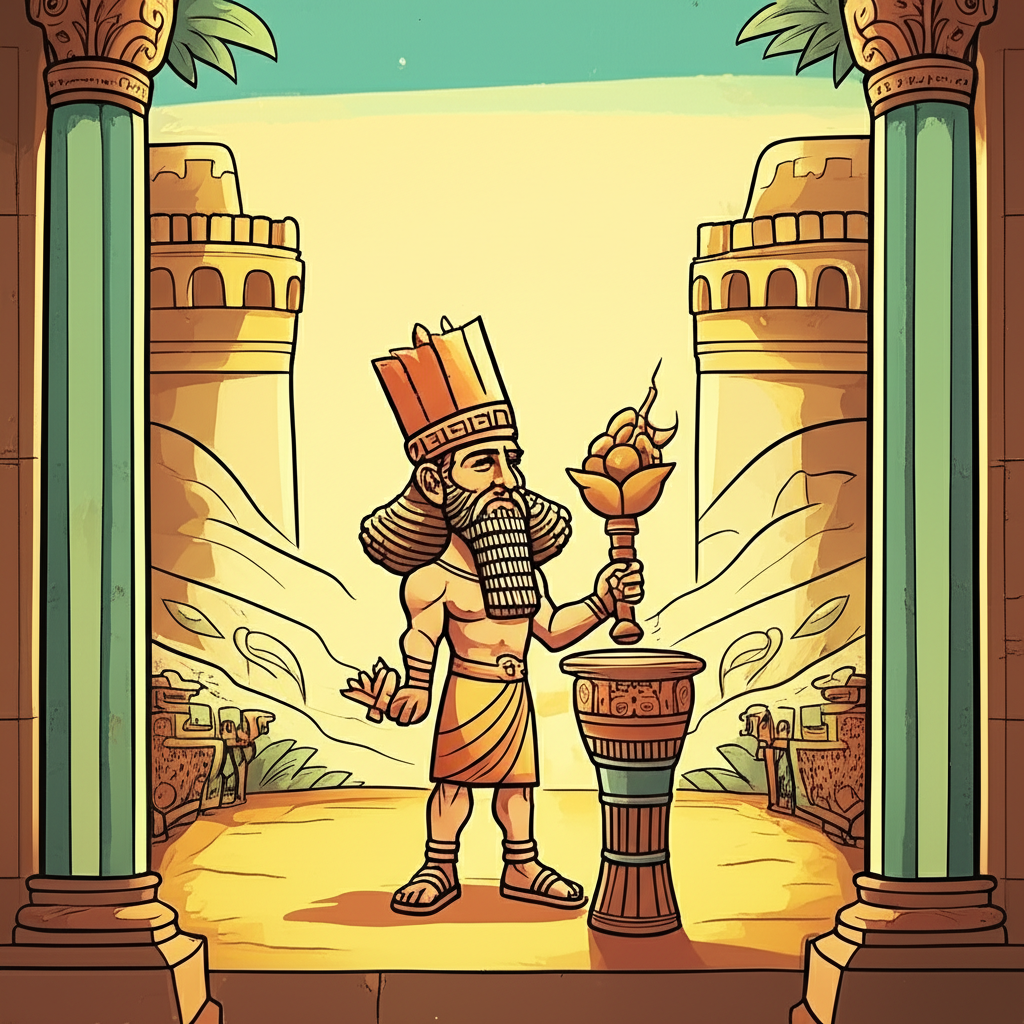
The winds that sweep across the arid plains of Mesopotamia, the land cradled between the Tigris and Euphrates rivers, have carried tales for millennia. Among these ancient narratives, none resonate with the enduring power of the Epic of Gilgamesh. This monumental work, pieced together from cuneiform tablets unearthed from the ruins of Mesopotamian cities, offers a glimpse into the thoughts, fears, and aspirations of a civilization long past. Within its sprawling verses lies a myth concerning the very origins of Eridu, a city that, in the minds of its ancient inhabitants, was not merely built but was fundamentally wrought from the divine.
This is not a factual account, but a vibrant tapestry woven from the threads of ancient Mesopotamian imagination. It reflects a time when the natural world was imbued with potent forces, and the boundaries between the human and the divine were fluid, constantly navigated through ritual, story, and reverence. The people of Sumer, the earliest known civilization to inhabit this region, viewed the world as a complex interplay of celestial powers and earthly realities. Their cities were centers of life, but they were also believed to be divinely ordained, with each major urban center possessing a patron deity who had, in essence, founded it. The myth of Eridu’s origin is a prime example of this worldview.
At the heart of this particular narrative lies the figure of Enki, known also as Ea in Akkadian tradition. Enki was a primordial god, a member of the supreme pantheon of Sumerian deities. He was the god of freshwater, wisdom, magic, crafts, and the abyss – the vast, mysterious underground waters known as the apsu. His symbolic attributes were manifold: the flowing waters represented life and fertility, essential in an environment often threatened by drought and flood. His wisdom and magical prowess allowed him to shape destinies and understand the intricate workings of the cosmos. Enki was often depicted as a bearded figure, sometimes adorned with flowing robes, and associated with the fish and the goat-fish, creatures that dwelled in his watery domain. He was not a god of brute force, but of intellect and subtle influence, a divine architect and craftsman who could bring order to chaos.
The myth unfolds with the establishment of the world itself. After the gods had emerged and the heavens and earth had been separated, there was a need for cities, for places where the divine order could be manifested and where humanity could thrive under divine guidance. It was Enki, the wise and resourceful god, who undertook the monumental task of founding Eridu. The tablets suggest that Eridu was not simply built by human hands; rather, it was a divine decree brought into physical form through Enki’s will and power. He is depicted as being commanded by the supreme god An to establish this city, a jewel in the crown of the burgeoning civilization.
Imagine the scene, not as a historical event, but as a story told under a sky ablaze with stars, the air thick with the scent of river reeds. Enki, with his profound understanding of the cosmos and his inherent connection to the life-giving waters, descends to the marshy southern plains of Mesopotamia. He surveys the land, a canvas awaiting its divine imprint. With his divine intellect and the power of his words, he begins to shape the very essence of the place. The myth doesn’t detail a construction process with bricks and mortar, but rather a mystical genesis. He decrees the existence of Eridu, and the earth itself responds. The fresh waters of the apsu are channeled and shaped, forming the foundational waters upon which the city would rest. The land is blessed, imbued with fertility, promising abundance for its future inhabitants. Enki’s wisdom guides the very layout, ensuring its harmony with the natural world and the divine will. Eridu, therefore, is born not from human endeavor alone, but as a divine gift, a sacred space where the gods’ presence would be felt most keenly. It was considered the oldest city in Sumer, a place of primordial significance, a model for all cities that would follow.
To the ancient Mesopotamians, this myth of Eridu’s origin likely held profound symbolic weight. It represented the order that emerged from the primordial chaos, a testament to the power of divine intellect and planning. Enki’s role as the founder underscored the importance of wisdom and craftsmanship in building a successful society. The association with freshwater highlighted the dependence on the life-giving rivers and the apsu for survival and prosperity. It also spoke to the belief in a divine mandate for civilization, suggesting that human settlements and their governance were not random occurrences but were ordained and guided by the gods. Furthermore, Eridu’s status as the oldest city likely symbolized continuity and tradition, a point of origin from which their cultural identity and social structures could be traced.
In the modern world, the Epic of Gilgamesh and its embedded myths, including the genesis of Eridu, are studied with immense fascination. Scholars in literature, history, and religious studies analyze these narratives for their insights into ancient human thought, societal structures, and early forms of religious expression. The story has inspired countless adaptations and reinterpretations in literature, from scholarly translations to fictionalized accounts. Its themes of mortality, friendship, and the search for meaning resonate deeply and continue to be explored in various forms of media, including films and video games, where the rich tapestry of Mesopotamian mythology provides fertile ground for imaginative storytelling. In cultural studies, these myths are invaluable for understanding the worldview of ancient civilizations.
It is crucial to reiterate that the myth of Eridu’s divine origin is a product of ancient human storytelling and imagination, a cultural artifact from a bygone era. It is not a factual account of creation, nor is it a belief to be held. As Muslims, we recognize that only Allah (God) is the true Creator and Sustainer of all that exists, the ultimate source of all power and being. These ancient narratives, while fascinating from a cultural and historical perspective, do not alter this fundamental truth.
The Epic of Gilgamesh, with its tales of divine intervention and the mythical genesis of cities like Eridu, serves as a powerful reminder of the enduring human impulse to understand our origins and our place in the universe. It speaks to our capacity for storytelling, for weaving narratives that imbue the world with meaning and connect us to the vast currents of cultural heritage. These ancient whispers from the Fertile Crescent, though born of a different worldview, continue to echo, inviting us to explore the richness of human imagination and the timeless art of storytelling.
